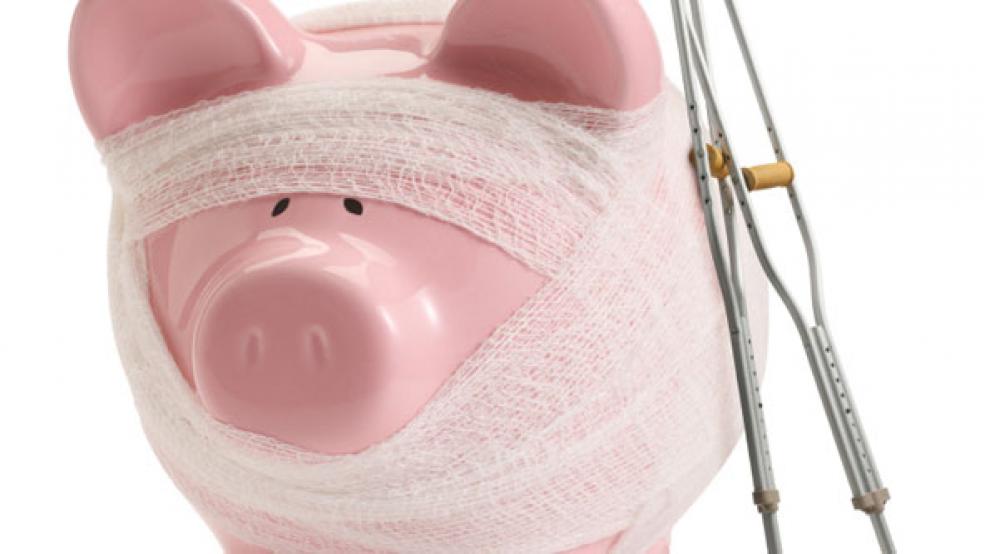More than four in 10 American adults — or more than 100 million people in total — say they are carrying medical or dental debt, according to a new nationwide poll conducted by the Kaiser Family Foundation.
The poll found that 24% of those surveyed said they have medical or dental bills that are past due or that they can’t pay, while 21% said they are paying off such debt over time and 17% said they have outstanding loans they used to pay medical or dental bills. A similar percentage said they are paying off credit card charges used to pay for medical or dental care, and 10% say they owe a family member or friend after borrowing money to cover their care.
“The likelihood of having health care debt is not evenly distributed. Uninsured adults, women, Black and Hispanic adults, parents, and those with lower incomes are especially likely to say they have health care-related debt,” the report says. “Notably, one of the most common types of bills leading to health care debt for older adults is dental care, likely because traditional Medicare does not provide dental coverage (though some beneficiaries in private Medicare Advantage plans do have dental coverage, with the scope varying widely).”
By contrast, younger adults were more likely to say that their health care debt resulted from emergency care, lab fees or doctor visits.
About half of all adults with medical debt owe less than $2,500, according to the survey, though the KFF report notes that health care debt does not have to be large for people to have trouble paying it off. Nearly one in five people carrying health care debt (18%) said they don’t believe that will ever be able to pay it off. Nearly 80% of those with health care debt reported skipping or delaying care or medications due to the cost.
The poll also found that 57% of adults have had medical or dental debt over the past five years. About half of those surveyed said they would be unable to pay an unexpected $500 medical bill without borrowing money.
The survey of 2,375 adults was conducted February 25 through March 20. Its margin of error is 3 percentage points.
The bottom line: “Debt is no longer just a bug in our system. It is one of the main products,” Dr. Rishi Manchanda, who served on the board of the nonprofit RIP Medical Debt, told Kaiser Health News. “We have a health care system almost perfectly designed to create debt.”
Read more at the Kaiser Family Foundation or NPR.





